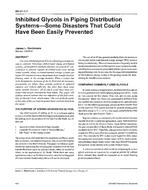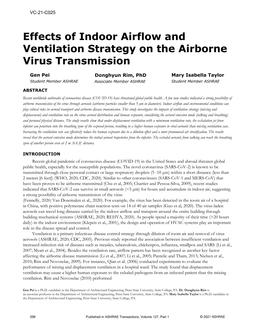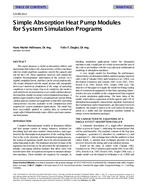Energy and occupant surveys have been carried out in twocompleted buildings at Visby in Sweden and Gloucester inEngland. The two buildings are similar in purpose, combininglibrary and university departmental accommodation, but theVisby building is three times the size of the Gloucester buildingand also used by the general public. Both use a combinationof passive measures (such as insulation, thermal capacitance,and daylighting), engineering systems, control measures, andrenewable energy to help maximize their energy efficiency andminimize their use of delivered energy from public utilities andthe associated carbon dioxide emissions. The measuredannual energy performance of the two buildings—both overalland by individual end uses—is compared with UK benchmarksfor office and university buildings and with other low-energyuniversity library and departmental buildings investigated bythe authors and associated organizations. The energy performanceof the Visby library is already close to the best—andcould become the very best of all the buildings studied by theauthors if the recommended improvements to control andmanagement are carried out and prove successful. Some ofthese are already in progress. Even before improvement, thebuilding had done better than its design target, with very lowenergy consumption for heating more than compensating fora 30% increase in electricity consumption for other purposes.The Gloucester building offers more room for improvement.
Units: SI
Citation: ASHRAE Transactions, vol. 113, pt. 2
Product Details
- Published:
- 2007
- Number of Pages:
- 13
- File Size:
- 1 file , 2.5 MB
- Product Code(s):
- D-LB-07-002


